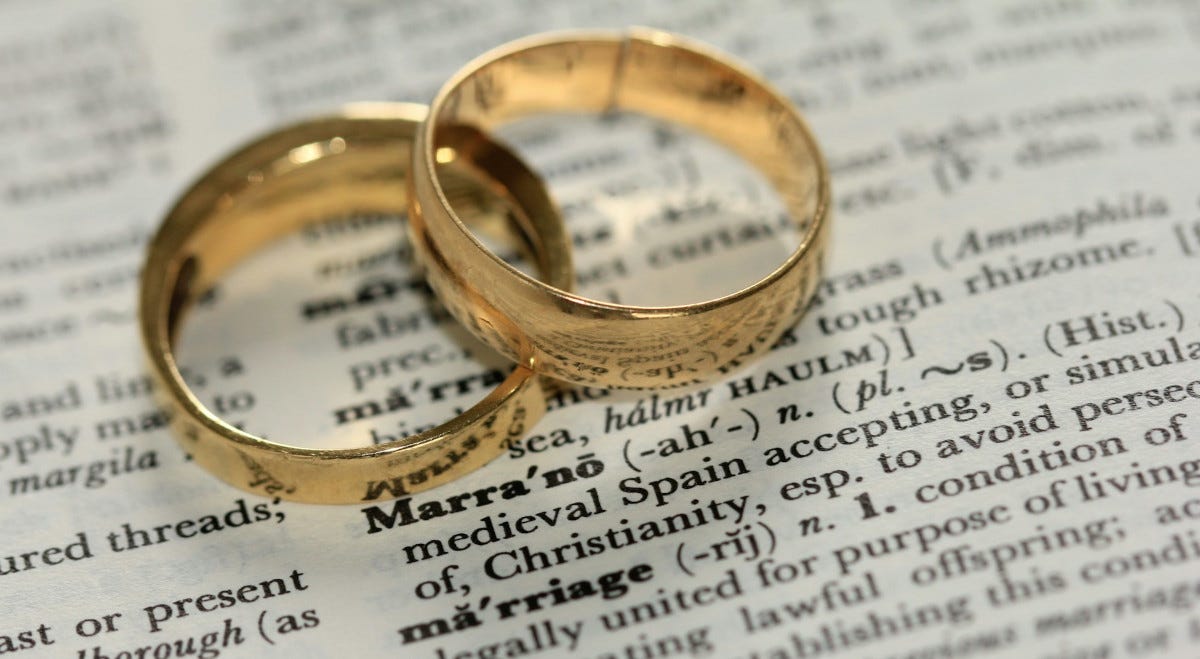With backing of Christian conservatives, legislators trying to repeal gay marriage
Nine states have bills to reverse Supreme Court or offer covenant marriage

Legislatures in at least five states have recently considered or are considering proposals aimed at overturning Obergefell v. Hodges, the 2015 U.S. Supreme Court decision that legalized same-sex marriage nationwide, but proposals appear to be making little headway.
The same can be said of efforts in four states…


